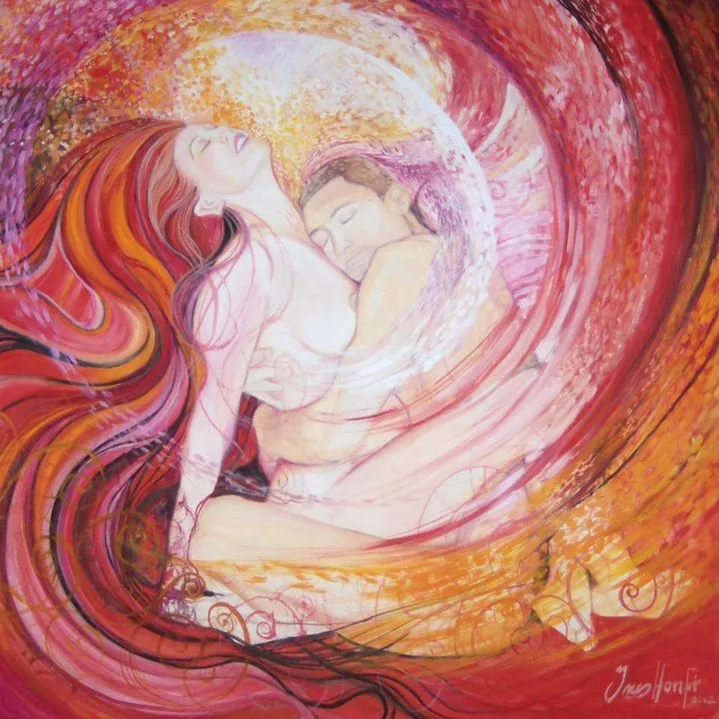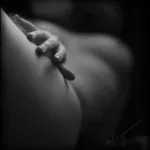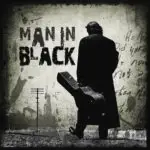After the Flame—What Remains?
Desire wrecked me. And then remade me.
The bed cooled. The breath slowed. The lover slept. And I was left with something holy burning in my bones—not consuming me, but to illuminating a path forward.
What do you do when Eros reveals the divine?
You don’t retreat.
You don’t abstract.
You live it.
This is the invitation:
living theoerotics.
Theoerotics Is Not a Moment. It’s a Way of Being.
Theoerotics is not just what happens in sacred sex or whispered prayers. It’s not confined to theology seminars or candlelit encounters.
It’s the way you pour your coffee.
The attention you give a stranger.
The slow, reverent touch with which you hold your child, your partner, touching your own skin.
It’s living with an open heart and a responsive body.
It’s being with the world erotically—as if every encounter is charged with divine potential.
Because it is.
Practice Begins with Attention
Desire doesn’t always roar.
Sometimes it throbs.
Living theoerotics means attuning yourself to the beat—the subtle pull toward beauty, toward presence, towards a love that is more than function.
When I fold laundry, I remember the scent of my lover.
When I walk barefoot through grass, I remember the tremble of my own breath.
When I meet someone’s eyes—really meet them—I remember that I am, too, being seen.
Eros isn’t about climax.
It’s about connection.
Your Body is Liturgy
I don’t need to recite doctrine to believe.
I believe when I move with reverence.
When I breathe with the divine spirit.
When I eat like food is a sacrament.
When I love without holding back or shrinking.
The theoerotic life turns every small act into a sacrament, into worship—not in a performative way, but in a present way.
We’ve been taught to suppress the desires of the flesh in order to be spiritual. But I have found the divine not in escape, but in return. In descent. In the flesh. In sweat. In a desire and a longing that won’t shut up and won’t let go.
Desire as Vocation
Desire is not a distraction from your spiritual life.
It is your spiritual life.
To desire—not possessively, not violently, but vulnerably—is to answer a divine calling.
It means living in tune with the heartbeat of creation.
Not conquering it. Not controlling it.
Responding to it.
Living theoerotics is saying yes to life. Even when it aches. Even when it’s awkward. Even when it’s not clean or easy or conforming.
Because god is not waiting for you at the end of your desire.
God is the event that takes place within your desire.
Remember:
Living theoerotics is not about having better sex or a hippie dippy mystical theology. It’s about letting desire transform your daily life. Letting the ache make you kind. Letting presence become prayer. Letting love be both protest and practice.
It’s not something you master.
It’s something you return to, again and again.
Like a lover.
Like a summons.
Like the divine heart that will not stop loving, aching, caressing the world.
Stay awake.
Stay soft.
Stay with your desire—until it becomes the way you see the world, the way you hold others, the way you live.
Let it insist.
Let it summon.
Let it sanctify.
You are the liturgy.
Now breathe.







